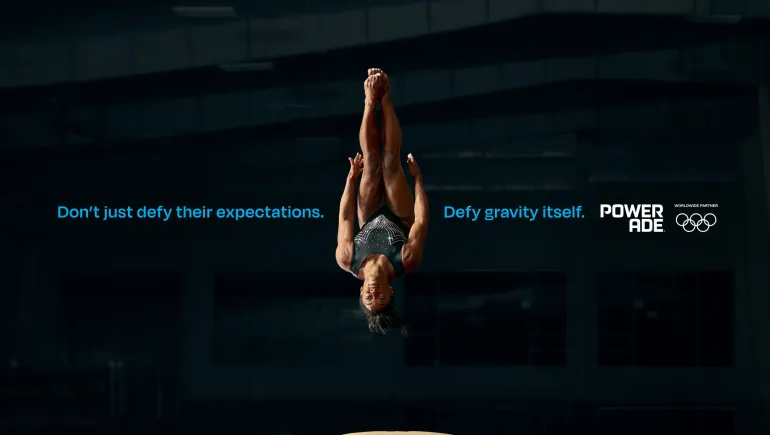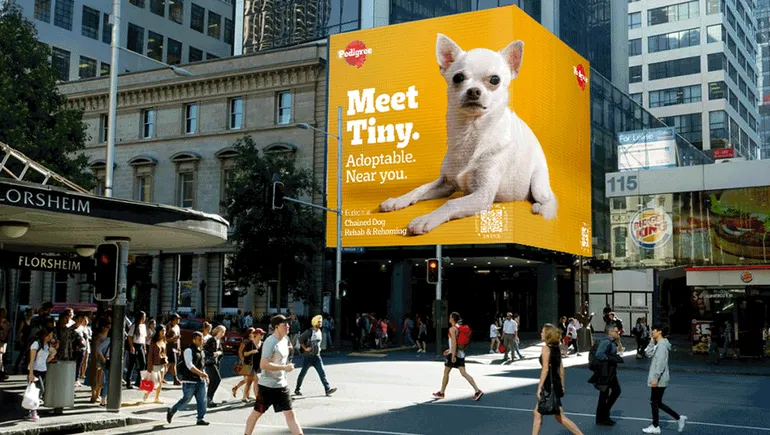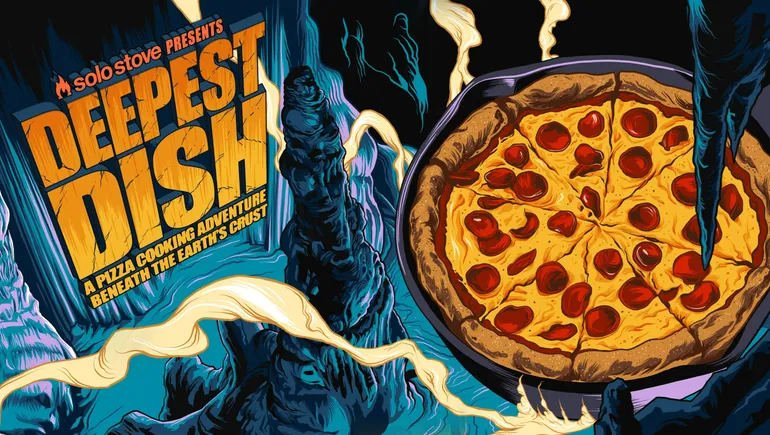
AB InBev ends 33-year Super Bowl alcohol ad monopoly
Dive Brief:
- Anheuser-Busch InBev will no longer have alcohol advertising exclusivity during the Super Bowl, ending a 33-year monopoly over advertising’s most prized destination viewing event, according to Adweek.
- AB InBev will still run advertisements during the big game and remains the official beer and hard seltzer sponsor of the league. The development comes a year after Diageo announced it would become the first-ever official spirits sponsor of the NFL.
- A string of brands, including PepsiCo and Pizza Hut, have recently reevaluted their relationship with the league. Additionally, AB InBeV recently cut ties with the controversy-plagued Washington Commanders.
Dive Insight:
Since 1989, AB InBev has had an iron grip on Super Bowl alcohol advertising. No other exclusivity pacts of this kind exist within the NFL, making the marketer’s move to relinquish its position a potential game-changer for the alcohol category.
Even as cord-cutting accelerates, pro football’s championship game has remained a prime opportunity for advertisers. Super Bowl LVI in February pulled in an estimated 112.3 million viewers and commanded up to $7 million per 30-second spot. Eighty-five percent of Super Bowl viewers were interested in the ads and 51% reported they were likely to look up ads they saw during the game afterward. AB InBev for its part advertised six brands across four minutes of air time this year.
Locked out of Super Bowl advertising, rivals such as Molson Coors have constantly sought ways to innovate around the big game. During Super Bowl LVI, Miller Lite hosted a metaverse bar where it aired its own Super Bowl commercial. AB InBev forgoing exclusivity means that Molson Coors, Heineken and others can once again get in on the hype.
Despite the news, AB InBev has taken steps to strengthen its relationship with NFL, including launching a recycling program and developing a stronger presence during the off-season. Bud Light was the official presenting sponsor of the 2022 NFL draft and will be the official sponsor of all NFL celebrations, such as touchdown dances. The brewery also recently extended its partnership with the NFL for another five years.
The past few weeks have seen a number of brands reevaluate their relationship with the NFL. After a decade of sponsorship, Pepsi said it will no longer host the Super Bowl Halftime Show. However, parent PepsiCo renewed its larger partnership with the league and said it would develop a new Gatorade product that will be available to players in 2022 and consumers in 2023. Pizza Hut, owned by Yum Brands, has been the official pizza sponsor of the NFL since 2018. However, its relationship with the league is winding down, with Little Caesars set to take on the mantle.
Brand sponsorships are not the only thing changing for the NFL this season. Amazon Prime will become the exclusive home of Thursday Night Football starting in September. The 11-year deal marks the increasing importance of streaming services. The NFL (and live sports in general) have long been one of traditional TV’s last holdouts. However, that is poised to change as Amazon wades into the live sports waters.





